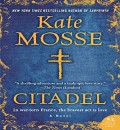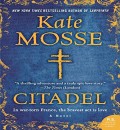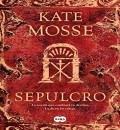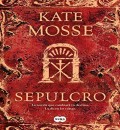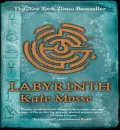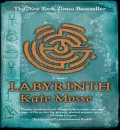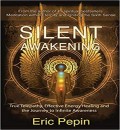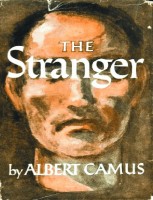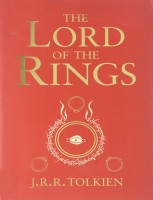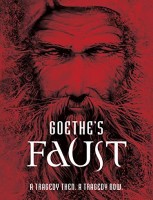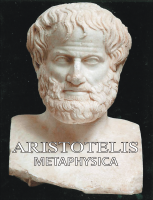Forgot Your Password?
Enter your email address
Forgot Your Password?
Enter OTP
Forgot Your Password?
Enter a new password below

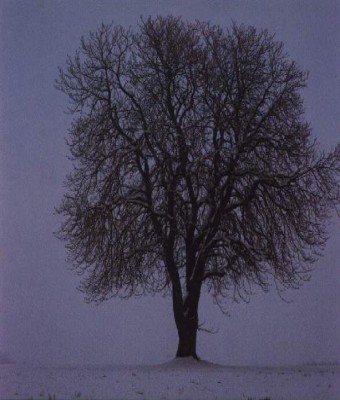






Kate Mosse
1942, Nazi-occupied France. Sandrine, a spirited and courageous nineteen-year-old, finds herself drawn into a Resistance group in Carcassonne – codena
Read more… 26/01/22
26/01/22 All ages
All ages

Kate Mosse
1942, Nazi-occupied France. Sandrine, a spirited and courageous nineteen-year-old, finds herself drawn into a Resistance group in Carcassonne – codena
Read more… 25/01/22
25/01/22 All ages
All ages

Kate Mosse
In 1891, young Léonie Vernier and her brother Anatole arrive in the beautiful town of Rennes-les-Bains, in southwest France. They’ve come at the invit
Read more… 22/01/22
22/01/22 All ages
All ages

Kate Mosse
In 1891, young Léonie Vernier and her brother Anatole arrive in the beautiful town of Rennes-les-Bains, in southwest France. They’ve come at the invit
Read more… 13/01/22
13/01/22 All ages
All ages

Kate Mosse
July 2005. In the Pyrenees mountains near Carcassonne, Alice, a volunteer at an archaeological dig, stumbles into a cave and makes a startling discove
Read more… 13/01/22
13/01/22 All ages
All ages

Kate Mosse
July 2005. In the Pyrenees mountains near Carcassonne, Alice, a volunteer at an archaeological dig, stumbles into a cave and makes a startling discove
Read more… 11/01/22
11/01/22 All ages
All ages

Eric Pepin
Imagining this extraordinary event, the most powerful element is the brief, silent moment between the explosive end of this noble creature and its won
Read more… 09/01/22
09/01/22 All ages
All ages

Dan Brown
When the National Security Agency’s invincible code-breaking machine encounters a mysterious code it cannot break, the agency calls its head cryptogra
Read more… 09/01/22
09/01/22 12 and up
12 and up

John Boyne
Discover an extraordinary tale of innocence, friendship and the horrors of war.’Some things are just sitting there, minding their own business, waitin
Read more… 09/01/22
09/01/22 All ages
All ages

Sebastian Faulks
In 1942, Charlotte Gray, a young Scottish woman, heads for Occupied France on a dual mission – officially, to run an apparently simple errand for a Br
Read more… 08/01/22
08/01/22 All ages
All ages
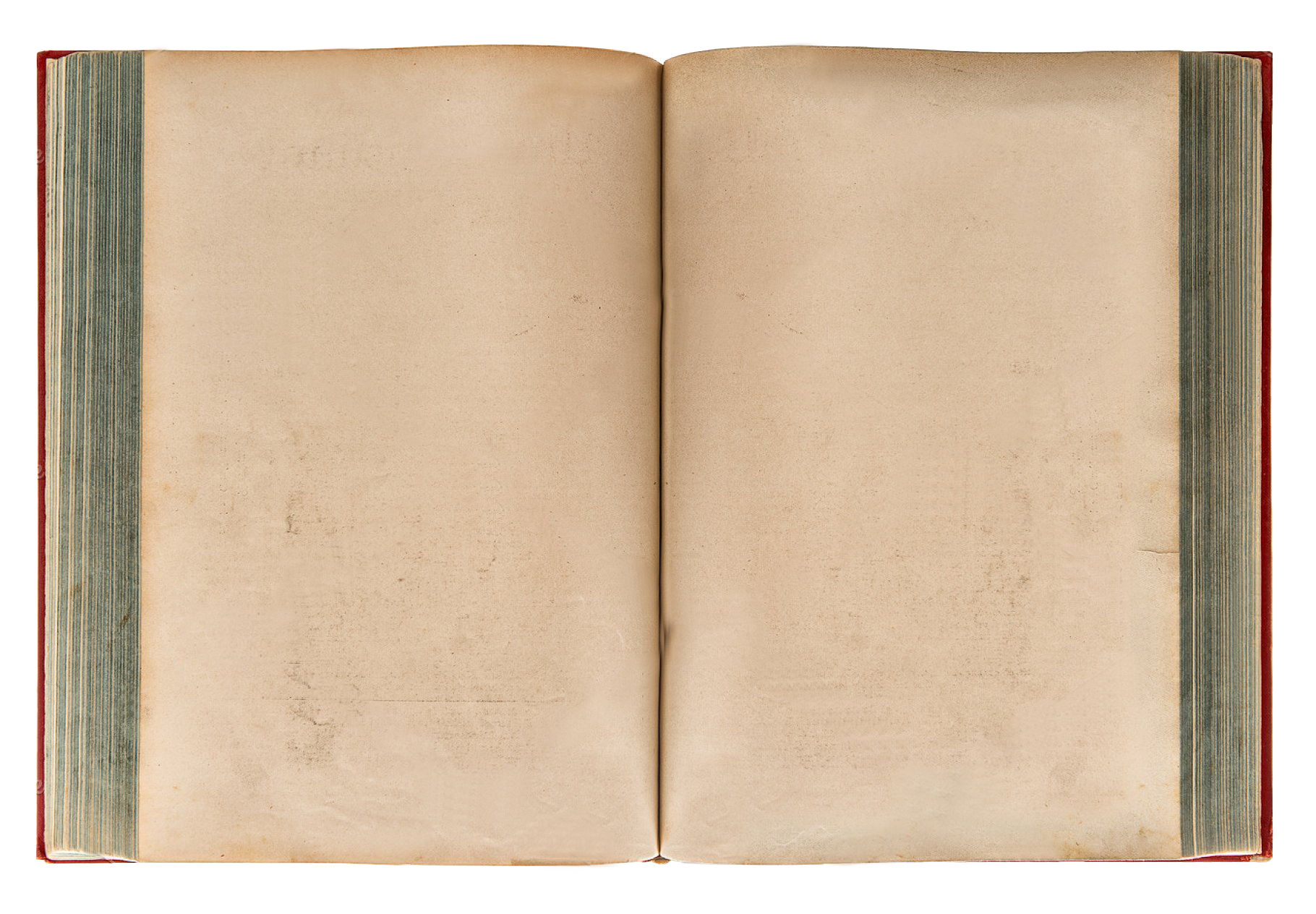
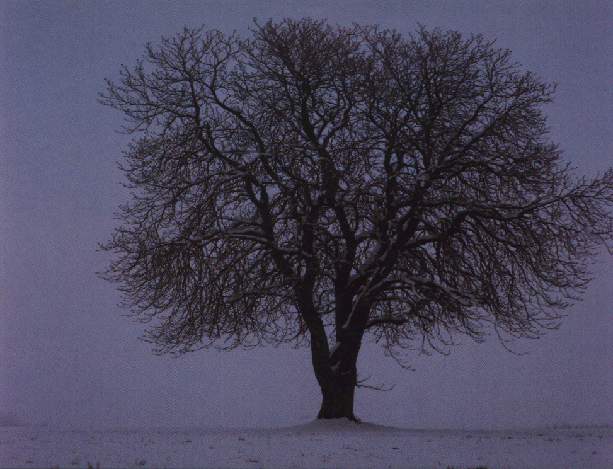






 22/05/20
22/05/20 All ages
All ages
The Stranger
Since it was first published in English, in 1946, Albert Camus’s extraordinary first novel, The Stranger (L’Etranger), has had a profound impact on millions of American readers. Through this story of an ordinary man who unwittingly gets drawn into a senseless murder on a sun-drenched Algerian beach, Camus was exploring what he termed “the nakedness of man faced with the absurd.”

 22/05/20
22/05/20 All ages
All ages
The Lord of the Rings
The Lord of the Rings is an epic high fantasy novel written by philologist and Oxford University professor J. R. R. Tolkien. The story began as a sequel to Tolkien’s earlier, less complex children’s fantasy novel The Hobbit (1937), but eventually developed into a much larger work. It was written in stages between 1937 and 1949, much of it during World War II. Although generally known to readers as a trilogy, the work was initially intended by Tolkien to be one volume of a two-volume set along with The Silmarillion; however, the publisher decided to omit the second volume and instead published The Lord of the Rings in 1954-55 as three books rather than one, for economic reasons. It has since been reprinted numerous times and translated into many languages, becoming one of the most popular and influential works in 20th-century literature.

 21/05/20
21/05/20 All ages
All ages
Faust
The narrative of Faust begins in Heaven. While angels worship The Lord for his creation, Mephistopheles, the Devil, complains about the state of affairs in the world. Mankind is corrupt, he claims, and he revels in the evil and disaster that he is able to cause. Mephistopheles makes a bet with The Lord that he will be able to turn one of his servants, Dr. Faust, over to sin and evil. The Lord agrees, claiming that Faust will remain a loyal follower.The play introduces Faust while he sits in his study in despair over his life. He has been a scholar and an alchemist, and he feels as though he has come to the end of all knowledge. Books and chemistry can no longer define his life for him, and he longs to live a life in harmony with Nature and with the universe. He summons a Spirit to come and be with him, but this only reinforces the fact that he is human and not spirit and therefore cannot share the Spirit’s higher knowledge. In his despair, Faust brews a poison to commit suicide. Just as he is about to take the poison, a chorus of angels appears announcing Easter day and stops him from completing the act.

 21/05/20
21/05/20 All ages
All ages
METAPHYSICA
What is known to us as metaphysics is what Aristotle called “first philosophy.” Metaphysics involves a study of the universal principles of being, the abstract qualities of existence itself. Perhaps the starting point of Aristotle’s metaphysics is his rejection of Plato’s Theory of Forms. In Plato’s theory, material objects are changeable and not real in themselves; rather, they correspond to an ideal, eternal, and immutable Form by a common name, and this Form can be perceived only by the intellect. Thus a thing perceived to be beautiful in this world is in fact an imperfect manifestation of the Form of Beauty. Aristotle’s arguments against this theory were numerous. Ultimately he rejected Plato’s ideas as poetic but empty language; as a scientist and empiricist he preferred to focus on the reality of the material world.


















